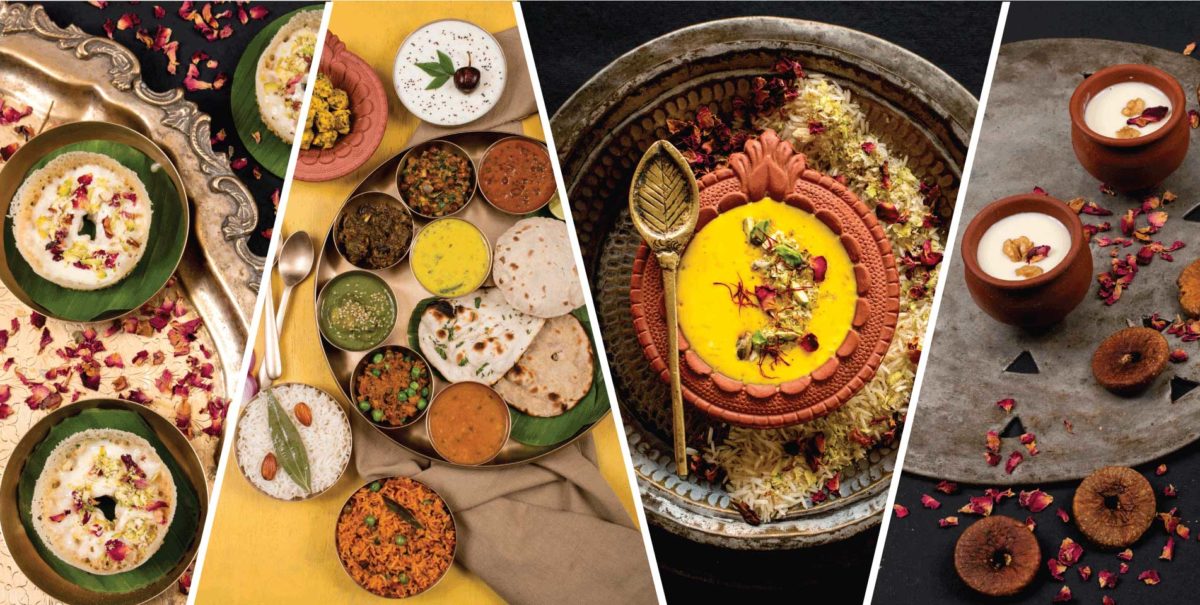Diverse, steeped in tradition and greatly influenced by tradition, the traditional Indian cuisine has been around for many, many years. Gourmet Indian food is associated with the food cooked in the courts of the Indian royalty. The cooking techniques are elaborate and include the use of rich ingredients.
Over time, Indian food has been influenced by many phenomena the most prominent of which is religion. Over 80% Indians are followers of Hinduism which advocates respect for all life forms and has been the reason for the prevalence of vegetarianism in the country.
However, the roots of the vegetarian cuisine go much deeper. The earliest records of vegetarianism come from ancient India and the ancient Greek civilization. The ideology is associated with the idea of non-violence towards animals.
The Indian cuisine developed its basics from its Ayurvedic background. The concept of heating and cooling foods comes from this history which can be traced back to 4000 B.C. Even before that, the scientists believe that the early man foraged for berries and edible plants to sustain himself.
The earliest records are of the ancient Vedic period, where eating meat was allowed but a vegetarian diet was encouraged. The various groups and cultures that have interacted with the Indian population have led to the diversity of flavours.

Jainism and Buddhism further added to the notion of non-violence and support a vegetarian way of life. The Jain ideologies were and still are particularly strict.
The earliest Indian diets included pulses, vegetables, fruits, dairy products and grains. It is safe to say that it was an all vegetarian diet.
Vegetarianism has been a part of the Indian culture for generations. It was only with the Mughals that meat became a part of the staple Indian diet. All the rulers before that, the Mauryas, Guptas, etc. were staunch vegetarians.

Once the Mughals took over they introduced the Persian and Arabic styles of cooking. After that the British took over the food habits of the Indians were greatly influenced.
The most interesting part of the Indian cuisine is that it has evolved to suit the Indian climate. For example, in the northern part of the country, garam masalais predominantly used because the weather is colder compared to other parts of the country and the spices in the masala give heat to the body. Similarly, in the southern part of the country, cooling
spices are used in the food.
The Indian cuisine is still evolving, as a result of constant interactions with other societies and cultures and we are curious to see what the next chapter brings with it.



